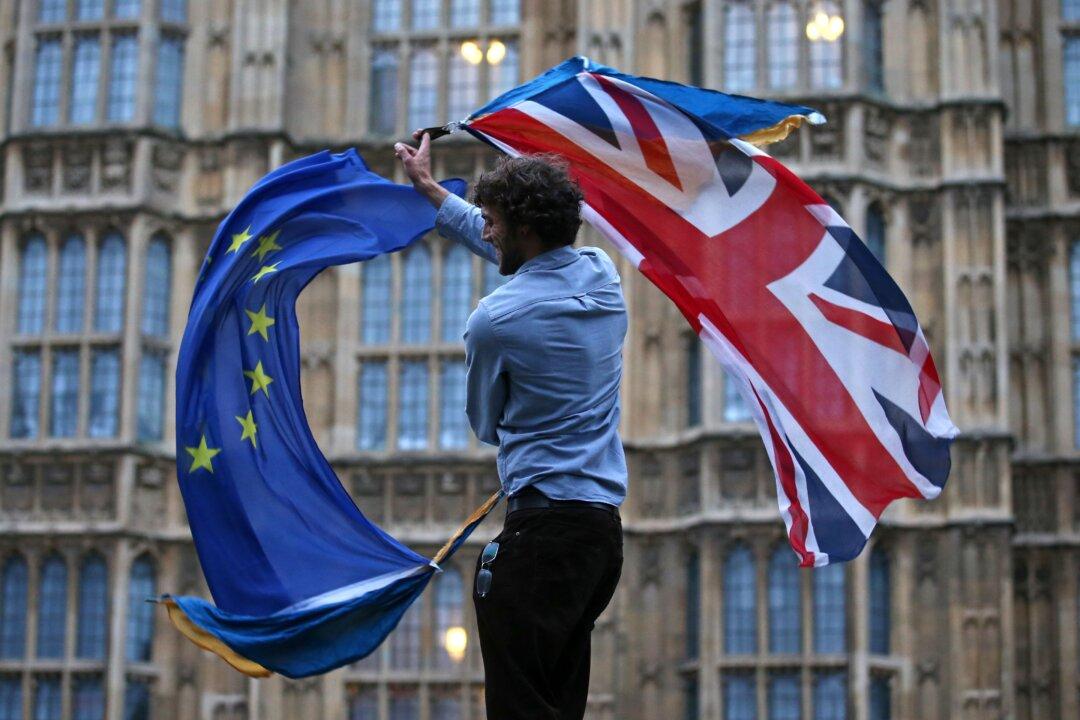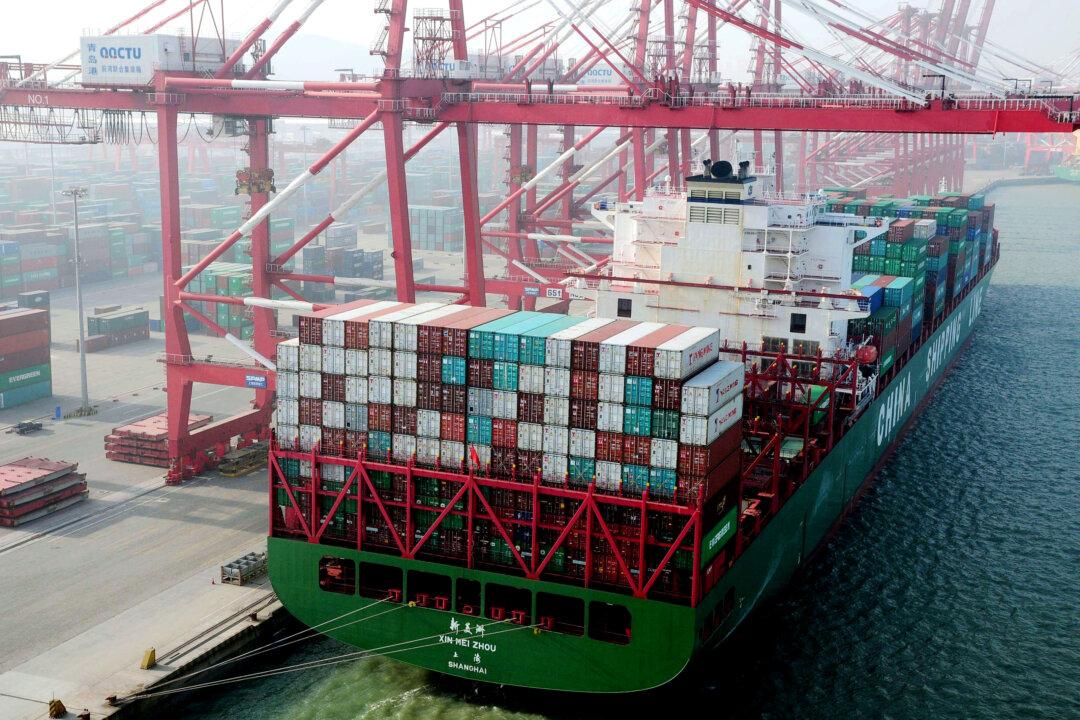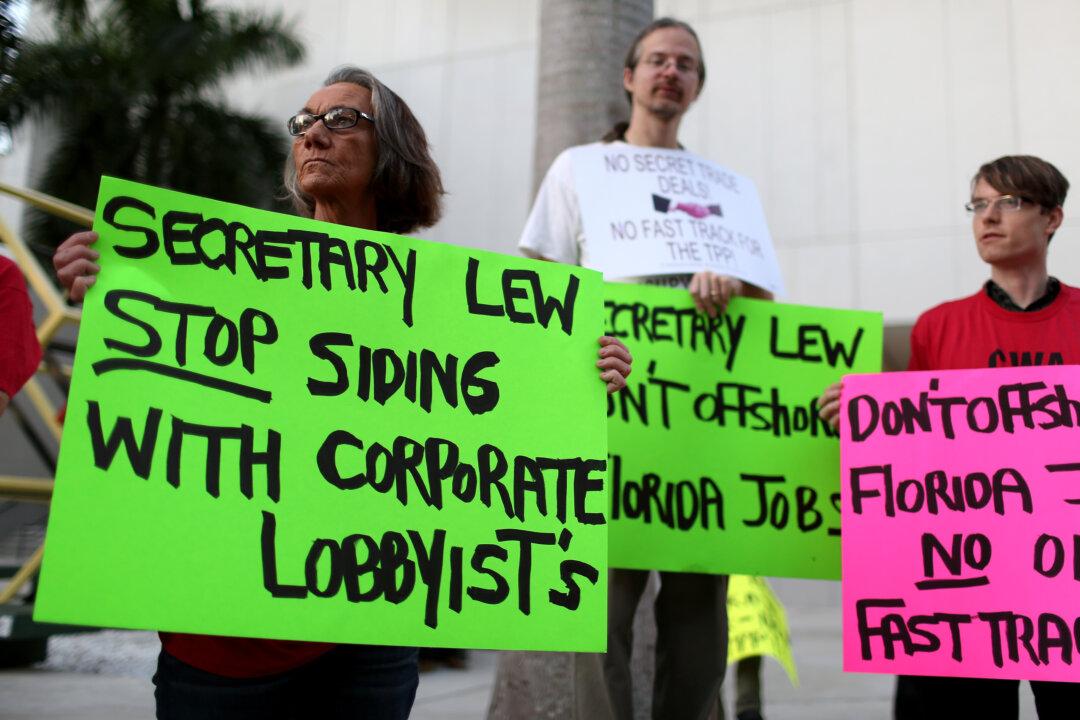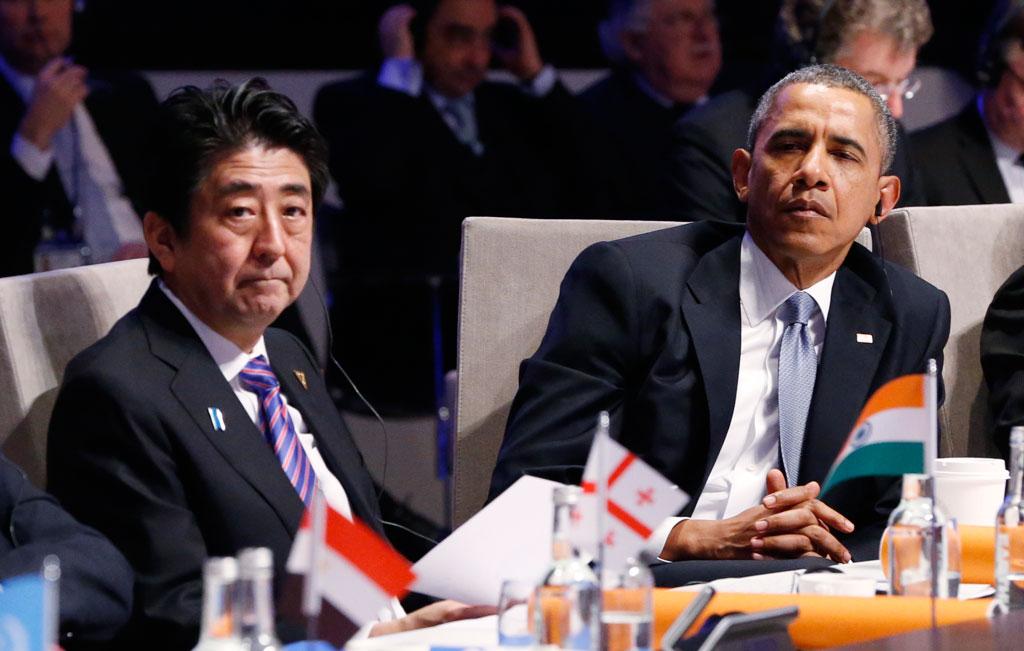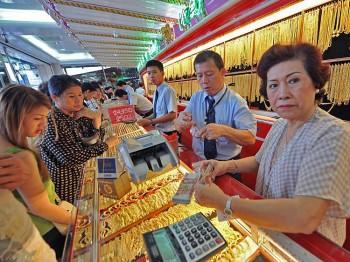David Dapice
Author
LATEST
Among All Uncertainties After Brexit Vote, Low Growth Is Sure
British voters elected to leave the European Union, which in turn ushered in new leadership for the United Kingdom. But few are sure of the next step, and British leaders are wise to proceed cautiously before invoking Article 50 of the EU treaty and starting the process of negotiating a separation agreement. If agreement is not reached in two years, membership ends unless both parties approve an extension. British voters seek freedom from regulations and immigration requirements, but “The greater freedom U.K. negotiates will lessen access to the common market,” warns economist David Dapice. Consultants list options, but the bottom line is that the European Union has little reason to open its market to those who reject outright its standards and rules. About 44 percent of British exports head to the EU. Many costs and gains of Brexit—including new trade rules, foreign investment, inflation levels, and status for British banks—won’t become apparent until negotiations begin and policy is set. That could take years, and in the meantime, uncertainty ensures lackluster growth.
|
A Flat World Gets Bumpy With Globalization in Retreat
Uncertainty and instability threaten the global economy, and monetary stimulus by the central banks, including negative rates, is not delivering growth or confidence. So far, the United States is alone in breaking away from the pack to engage in monetary tightening and gradually lifting interest rates. China employs strict controls to prevent businesses and savers from sending cash outside the country and its industries struggle with over-capacity. That in turn has slowed demand for commodities and pushed many emerging economies including Brazil and Russia into recession. Terrorism, climate change, and conflicts heighten the uncertainty. “Support for free trade will continue to falter unless countries enact reforms, managing exports and domestic production to encourage full employment and prevent stagnation,” writes economist David Dapice. “Free trade thrives when there is growth and full employment.” Protectionist controls could limit trade, immigration, and the free flow of information including the Internet. Policies reforms include reducing inequality and uncertainty.
|
Trans-Pacific Partnership Levels Playing Field
Skepticism about the Trans-Pacific Partnership is growing, but this secretive trade deal is likely to get passed.
|
Obama Travels to Asia but Future of Trade Pact Is Uncertain
President Barack Obama’s trip to four Asian nations is aimed in large part to reassure skeptical partners that the announced US pivot to Asia is real. But squabbling among America’s Asian allies apart, the fate of a long-gestating trade pact might prove a serious indicator of the success or failure of US policy.
|
Global Economy: Is Anybody in Control?
The world seems to be in a negative sum game where not letting the other side get its way is most important.
|
Among All Uncertainties After Brexit Vote, Low Growth Is Sure
British voters elected to leave the European Union, which in turn ushered in new leadership for the United Kingdom. But few are sure of the next step, and British leaders are wise to proceed cautiously before invoking Article 50 of the EU treaty and starting the process of negotiating a separation agreement. If agreement is not reached in two years, membership ends unless both parties approve an extension. British voters seek freedom from regulations and immigration requirements, but “The greater freedom U.K. negotiates will lessen access to the common market,” warns economist David Dapice. Consultants list options, but the bottom line is that the European Union has little reason to open its market to those who reject outright its standards and rules. About 44 percent of British exports head to the EU. Many costs and gains of Brexit—including new trade rules, foreign investment, inflation levels, and status for British banks—won’t become apparent until negotiations begin and policy is set. That could take years, and in the meantime, uncertainty ensures lackluster growth.
|
A Flat World Gets Bumpy With Globalization in Retreat
Uncertainty and instability threaten the global economy, and monetary stimulus by the central banks, including negative rates, is not delivering growth or confidence. So far, the United States is alone in breaking away from the pack to engage in monetary tightening and gradually lifting interest rates. China employs strict controls to prevent businesses and savers from sending cash outside the country and its industries struggle with over-capacity. That in turn has slowed demand for commodities and pushed many emerging economies including Brazil and Russia into recession. Terrorism, climate change, and conflicts heighten the uncertainty. “Support for free trade will continue to falter unless countries enact reforms, managing exports and domestic production to encourage full employment and prevent stagnation,” writes economist David Dapice. “Free trade thrives when there is growth and full employment.” Protectionist controls could limit trade, immigration, and the free flow of information including the Internet. Policies reforms include reducing inequality and uncertainty.
|
Trans-Pacific Partnership Levels Playing Field
Skepticism about the Trans-Pacific Partnership is growing, but this secretive trade deal is likely to get passed.
|
Obama Travels to Asia but Future of Trade Pact Is Uncertain
President Barack Obama’s trip to four Asian nations is aimed in large part to reassure skeptical partners that the announced US pivot to Asia is real. But squabbling among America’s Asian allies apart, the fate of a long-gestating trade pact might prove a serious indicator of the success or failure of US policy.
|
Global Economy: Is Anybody in Control?
The world seems to be in a negative sum game where not letting the other side get its way is most important.
|

